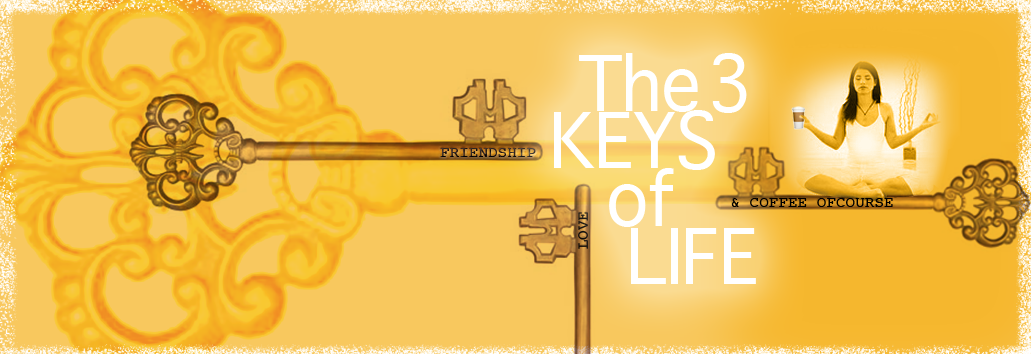Watching Dr. Oz the other day, I was reminded of the many benefits of my childhood favorite vegetable, the Artichoke. My mother used to deal with this seemingly intimidating food in the simplest way. Boil it, squeeze lemon on top, some salt and pepper and enjoy it. We used to peel off the petals, stripping off the petal meets and eagerly working toward the heart of the Artichoke. With a bit of research, I have found countless ways to enjoy this highly nutrient vegetable.
Did you know one large Artichoke contains only 25 calories? If that's not enough reason to welcome it into your home, let's go over the list of amazing nutrients and vitamins:
Quercetin
A flavonoid that works as an anti-carcinogen and antioxidant to protect against cancer and heart disease.
Rutin
A flavonoid that promotes vascular health, helps prevent cell proliferation associated with cancer, and has anti-inflammatory and anti-allergenic properties.
Anthocyanins
Color pigments in Artichokes that are associated with a lower risk of certain cancers, urinary tract health, memory function and healthy aging.
Gallic Acid
An antioxidant also found in red wine and black tea. It has been shown to inhibit cell proliferation in prostate cancer cells.
Luteolin and Cynarin
Polyphenol antioxidants that may lower cholesterol levels. Artichokes contain cyanarin, which may also help in regeneration of liver tissue.
Caffeic Acid and Chlorogenic Acid
Contain anti-cancer, antimicrobial, anti-LDL (bad cholesterol) and antiviral properties.
Silymarin
This antioxidant may aid the liver in regenerative tissue growth.
Potassium
 Artichokes are an under-recognized source of potassium, a mineral that's vital to maintaining normal heart rhythm, fluid balance, muscle and nerve function. One medium Artichoke provides more than 400 milligrams of potassium, about as much as a small banana. There is strong evidence that a diet rich in potassium is linked to reduced risk of stroke. Potassium also blunts the effects of salt on blood pressure.
Artichokes are an under-recognized source of potassium, a mineral that's vital to maintaining normal heart rhythm, fluid balance, muscle and nerve function. One medium Artichoke provides more than 400 milligrams of potassium, about as much as a small banana. There is strong evidence that a diet rich in potassium is linked to reduced risk of stroke. Potassium also blunts the effects of salt on blood pressure.Magnesium
Magnesium is used in building bones, manufacturing proteins, releasing energy from muscle storage, and regulating our body temperature. Many adults — especially women — aren't getting enough of this mineral. Artichokes are a good source.
Vitamin C
Artichokes are an excellent source of vitamin C, a water-soluble vitamin that functions as a potent antioxidant. Vitamin C is vital for a healthy immune system. It also is important in forming collagen, a protein that gives structure to our bones, cartilage, muscle and blood vessels. Vitamin C also aids in the absorption of iron.
Dietary Fiber
Found only in plant foods, fiber helps maintain a healthy digestive system, lowers blood cholesterol, reduces the risk of heart disease and may prevent certain types of cancer. Fiber also works to keep blood-sugar levels stable, which is especially important for people with diabetes. It can also help us feel full, aiding in weight control. Artichokes are fiber rich, providing 10.3 grams in one Artichoke (120 grams).
Protein
The USDA 2005 Dietary Guidelines for Americans recommend eating more plant-based protein in place of animal-based protein as a way to help reduce saturated fat and cholesterol intake. With no fat, cholesterol or trans fat, Artichokes are a healthful source of protein. One medium Artichoke provides four grams.
Here are some great videos on everything from information about the Artichoke to the various ways to cook and enjoy them: CLICK HERE
A little History:
"If one of us had eaten artichokes, we would have been pointed out on the street. Today young women are more forward than pages at the court." Catherine de Medici said to have introduced artichokes to France when she married King Henry II in the mid 16th century. Flash forward to 20th Century, "In the 1920s, Ciro Terranova "Whitey" (1889-1938), a member of the mafia and known as the "Artichoke King," began his monopoly of the artichoke market by purchasing all the produce shipped to New York from California at $6 a crate. He created a produce company and resold the artichokes at 30 to 40 percent profit. Not only did he terrorize distributors and produce merchants, he even launched an attack on the artichoke fields from Montara to Pescadero, hacking down the plants with machetes in the dead of night. These "artichoke wars" led the Mayor or New York, Fiorello La Guardia, to declare "the sale, display, and possession" of artichokes in New York illegal. Mayor La Guardia publicly admitted that he himself loved the vegetable and after only one week he lifted the ban."
sources:
http://whatscookingamerica.net/History/ArtichokeHistory.htm
http://www.oceanmist.com



1 comment:
Looks like you are an expert in this field, Great article and keep up the good work, my friend recommended me it.
My blog:
Regroupement De Credit et rachat de credit au meilleur taux
Post a Comment